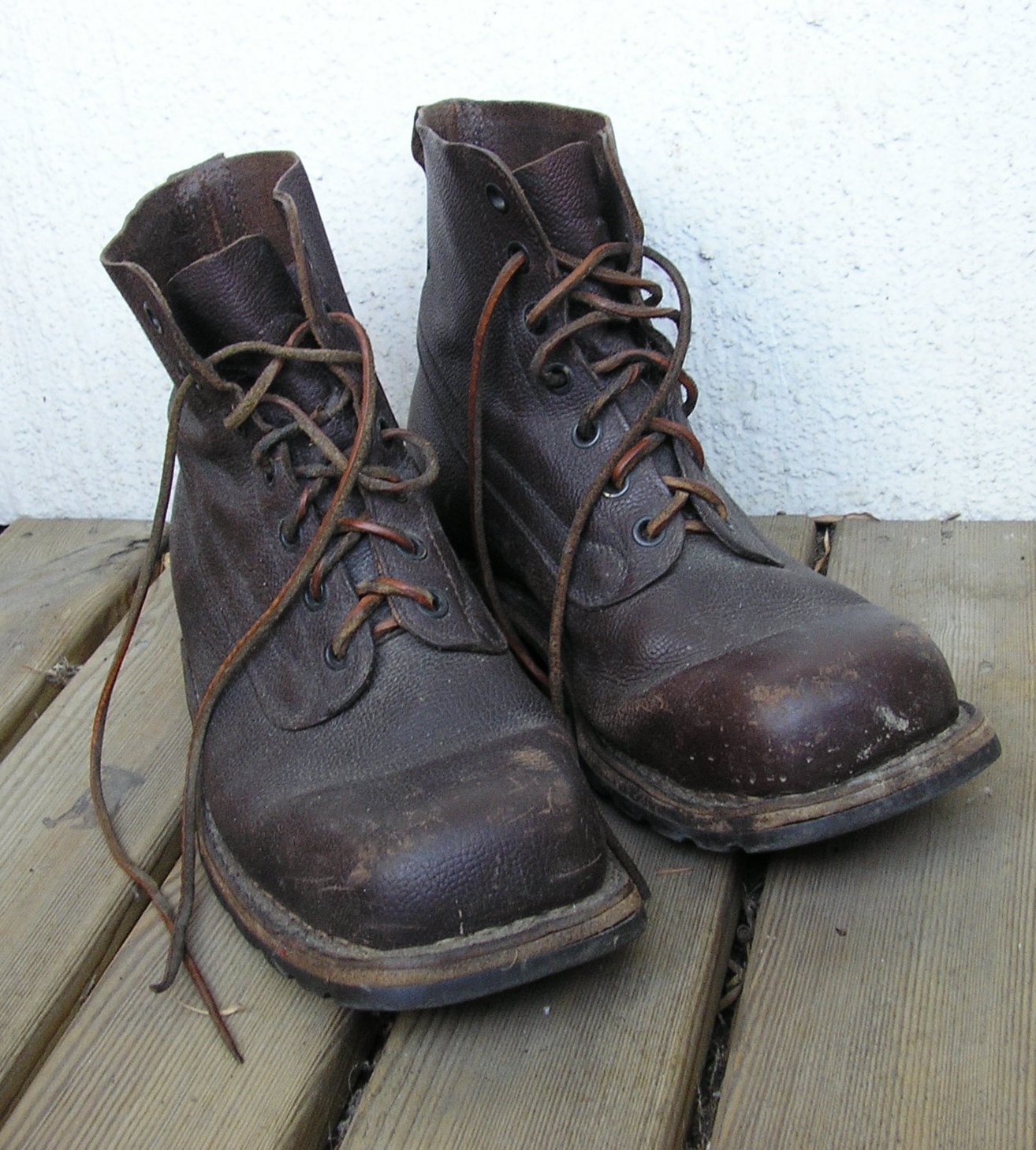The first thing I notice are his boots. He’s still in his street clothes, having just been admitted. He looks thin, emaciated — his clothes hang off him, shirt collar drooping down from his neck like peeling paint. His boots, however, seem to fit him properly. They look warm, well-worn but sturdy, like they have weathered a hundred bitter winters and could withstand a hundred more. For some reason, this comforts me.
I sit down next to him and start taking a history, just as we are taught to do. He tells me his story mechanically, with little emotion. He has metastatic cancer and has been plagued by multiple complications. He was just hospitalized a few weeks ago and a few weeks before that — he’s used to this now. Most of this I already know, having reviewed his chart extensively, but I am still jolted by the way he speaks those words out loud. I say something comforting in response, but the words sound far away, as if spoken by someone else.
On rounds, I like presenting his case. His medical history is interesting. His problem list requires frequent additions and rearrangements; new complications often provoke extended discussions.
“…Presenting with ascites s/p paracentesis,” I say, “his SAAG is consistent with malignancy.”
“For his thrombocytopenia, I calculated his 4-T score, which suggests low risk for HIT.”
I am excited whenever the attending agrees — grateful to feel included, to be a part of the well-oiled machine that moves his care forward.
But in the room with him, my confidence wavers. He is kind and patient with us, but it is clear that he is suffering. His pain is worsening and our interventions have not touched it. He can no longer tolerate solid food. He feels lonely, isolated and the pandemic has prevented us from allowing him visitors.
Over the course of his stay, however, we find little ways to cheer him up. He likes the strawberry Ensure shakes, a rare commodity at the VA hospital, and we go out of our way to find them for him. We encourage phone calls with his partner; when they are speaking, we do not interrupt. Perhaps those calls can do more for him than we can. Often in the afternoons I return to chat with him. He tells me about his life, his family, his future plans. I am surprised how the time passes; I forget I am working and not just a bystander who was fortunate enough to be privy to this man’s stories.
When the day comes, the first thing I notice are his boots. They are not there, in their usual spot in the corner of the room. They are not there, because he is not there. I know before I check the chart and see that our list is one name shorter, before I see the word “deceased” beside his name. It happened overnight; the residents will already know. His death is not unexpected, but still I feel breathless.
The response is respectful, but brief. We share a moment of silence, and then continue with rounds. We continue because we have to — there are always more patients to see, more tasks to complete. A collective deep breath, a moment to reflect — that is all we can spare.
I have moved forward, and continue moving forward, through the rest of my third-year rotations. But he has stuck with me and I think about him often. I think about his life, and the impact that he made, as a veteran, as a part of his family and as an individual. I think about his death as well — was there any more that we could’ve done? Was he at peace when he passed? I did not know him long, nor was he my first experience with loss, but he left an impression. His life held meaning, and I am grateful to have shared in it, if only briefly. I hope that in return I made some positive impact, however small, in the final weeks of his life.
Image credit: Army boots (CC BY-SA 2.0) by liftarn

